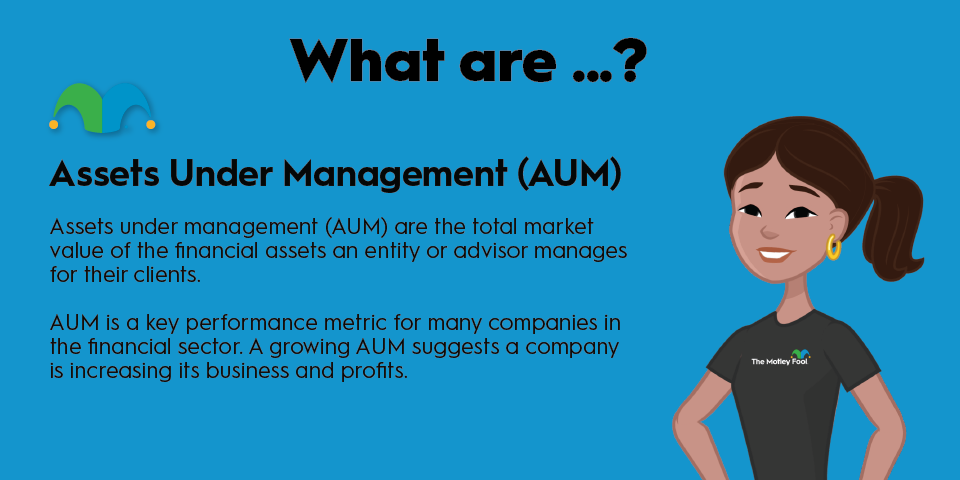An audit is an examination of the financial statements that are periodically issued by a company. It’s especially important for investors, who should use the information to study the company’s financial history and its prospects. Read on to find out more about audits and why they’re crucial to learning about potential investment.

What is an audit?
At its heart, an audit is a financial investigation. Companies periodically release audits that contain material information about their financial history and future prospects. Audits generally are performed by independent experts who can verify that the information they contain is accurate.
Audits generally are required by the Securities and Exchange Commission (SEC) for publicly traded companies. Although they vary slightly, all audits generally contain information about a company’s income statement, cash flow statement, and balance sheet.
Independent auditors generally provide an opinion on the accuracy of the financial statements contained in the company’s audit. This is crucial for investors, who rely on verifiable information before making a decision to invest in the company.
Types of audits
Although external financial audits are among the most commonly scrutinized documents for investors, you should be aware that there are different types of audits. Not all audits are public, but wise investors considering the prospects of a company should gather as many as available. Here are some of the most common types of audits:
- External audits: These are the most well-known types of audits and verify the accuracy of a company’s financial statements. They’re designed to assure investors that the company’s financial performance is what the company claims. Independent examiners generally conduct external audits to avoid potential conflicts of interest.
- Internal audits: An internal audit generally is performed by company employees. They ensure that internal controls and legal requirements are being followed. An internal audit is typically distributed to management and a board of directors.
- Financial statement audits: Often, companies will be required to submit a financial statement audit to a bank or other creditor. Conducted by independent examiners, a financial statement audit is designed to catch any material misstatements about financial reporting. If made publicly available, these audits can be especially useful for investors.
- Performance audits: Typically associated with companies or organizations that receive grants from governments or other sources, a performance audit is designed to ensure the effectiveness and results of a particular program. The gold standard for performance audits from local, state, or federal governments is the use of generally accepted government accounting standards (GAGAS), also known as the Yellow Book.
- Operational audits: These audits review specific objectives of a company and often include recommendations that help a company improve its performance. Operational audits generally are conducted by employees but can also be done by external specialists, such as certified public accountants (CPAs) or consultants.
- Information system audits: The growth of technology has created a booming market for information system audits that determine how well a company is managing its systems. An information system audit can determine if assets are being secured, data integrity is maintained, and systems are operating effectively. These audits usually are performed by Certified Information Systems Auditors.
- Forensic audits: When individuals suspect fraud, theft, or inaccurate information being distributed by a company, a forensic audit may be performed. Forensic audits most commonly surface in litigation or shareholder disputes. A forensic audit is typically conducted by specialized accountants who can identify illegal or unethical conduct.
Related investing topics
Importance of audits
For an example of the importance of audits, look no further than the spectacular 2001 collapse of Enron, a major player in the electricity, natural gas, and communications markets that claimed revenues topping $100 billion in 2000. The Houston-based company was described by Fortune as one of the nation’s most innovative companies for six consecutive years.
Enron’s true innovation, however, lay in the area of accounting fraud. The company used special-purpose vehicles and offshore accounts to hide liabilities and keep a strong credit rating. Meanwhile, it inflated or invented assets and profits.
When the magnitude of the company’s corruption surfaced in 2001, Enron filed for bankruptcy. The company’s auditor, Arthur Anderson & Company -- one of the former Big Five of accounting firms -- was found guilty of obstruction of justice for destroying important audit records and lost its ability to audit publicly traded companies, effectively dissolving it.
The fallout wasn’t just limited to Enron and Arthur Anderson. Estimated losses hit $74 billion, making it the largest U.S. bankruptcy at the time. The scandal resulted in the 2002 passage of the Sarbanes-Oxley Act, major legislation that set tighter auditing and disclosure standards for publicly traded companies.


















